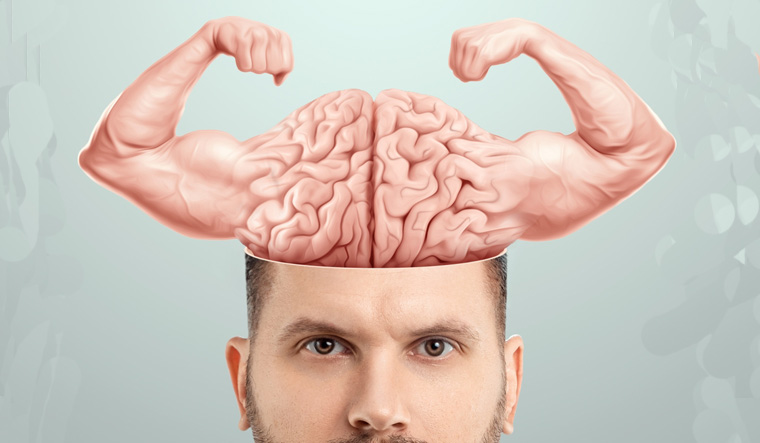
Unleash your memory potential: The science behind remembering better
Don't Miss
Recent experiments shed light on how we learn and remember
The Week : Recent experiments conducted by psychologists at Temple University and the University of Pittsburgh have provided new insights into how we learn and remember our real-world experiences. The research suggests that varying what we study and spacing out our learning over time can both be helpful for memory. This means that the best way to memorize information depends on what we are trying to remember.
The study, published in the March 12 online edition of Proceedings of the National Academy of Sciences (PNAS), has shown that learning and memory benefit from spacing study sessions out. For example, if you study the material on different days leading up to a test, you will be more likely to recall it for a longer period of time. However, the "spacing effect" is often based on the idea that the content of the experience repeats identically each time, which is rarely the case in real life.
In the experiments, participants were asked to repeatedly study pairs of items and scenes that were either identical on each repetition or in which the item stayed the same but the scene changed each time. The researchers found that memory was better for the items that had been paired with different scenes compared with those shown with the same scene each time. This means that varying what we study can be helpful for memory.
Emily Cowan, lead author on the PNAS paper and a postdoctoral fellow in Temple's Adaptive Memory Lab, explained: "The combination of these two large-scale experiments allowed us to look at the timing of these 'spacing effects' across both long timescales -- for example, hours to days -- in Experiment No. 1 versus short timescales -- for example, seconds to minutes -- in Experiment No. 2. With this, we were able to ask how memory is impacted both by what is being learned -- whether that is an exact repetition or instead, contains variations or changes -- as well as when it is learned over repeated study opportunities.
Cowan continued: "This work demonstrates the benefits of spaced learning on memory are not absolute, instead depending on the variability present in the content across repetitions and the timing between learning opportunities, expanding our current understanding of how the way in which we learn information can impact how it is remembered. Our work suggests that both variability and spacing may present methods to improve our memory for isolated features and associative information, respectively, raising important applications for future research, education, and our everyday lives."
The experiments also revealed that for associative memory -- memory for the item and which scene it was paired with -- stability benefited memory. This means that spacing only benefited memory for the pairs that were repeated exactly, and only if there were long gaps between study opportunities.


0 Response to "Unleash your memory potential: The science behind remembering better"
Post a Comment
Disclaimer Note:
The views expressed in the articles published here are solely those of the author and do not necessarily reflect the official policy, position, or perspective of Kalimpong News or KalimNews. Kalimpong News and KalimNews disclaim all liability for the published or posted articles, news, and information and assume no responsibility for the accuracy or validity of the content.
Kalimpong News is a non-profit online news platform managed by KalimNews and operated under the Kalimpong Press Club.
Comment Policy:
We encourage respectful and constructive discussions. Please ensure decency while commenting and register with your email ID to participate.
Note: only a member of this blog may post a comment.